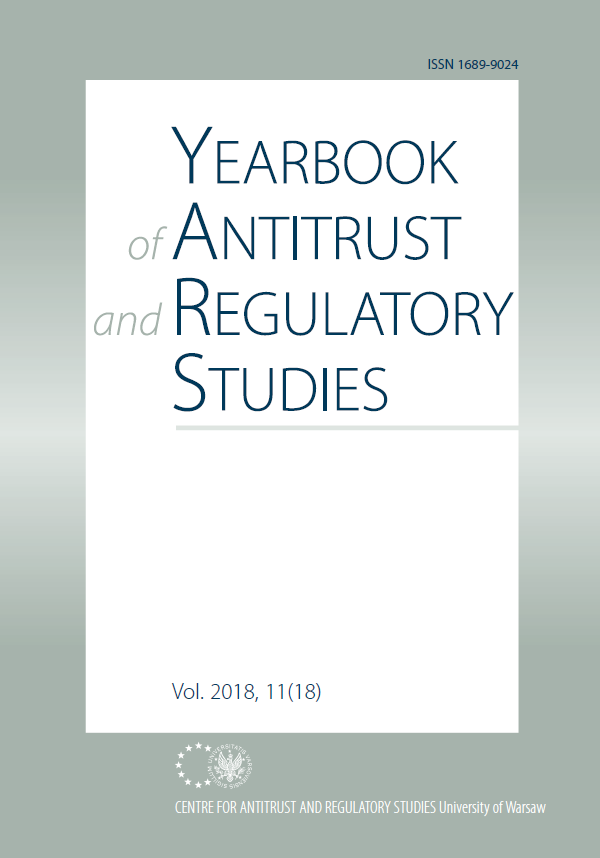The Influence of Economic Theories and Schools on Competition Law in terms of Vertical Agreements
The Influence of Economic Theories and Schools on Competition Law in terms of Vertical Agreements
Author(s): Zbigniew JurczykSubject(s): Business Economy / Management, Commercial Law
Published by: Wydawnictwo Naukowe Wydziału Zarządzania Uniwersytetu Warszawskiego
Keywords: economization of competition law; vertical agreements; economic efficiency;competition policy models and schools;
Summary/Abstract: The paper aims at showing the influence and the views espoused by economic theories and schools of economics on competition policy embedded in antitrust law and conducted by competition authorities in the field of vertical agreements. The scope of the paper demonstrates how substantially the economization of antitrust law has changed the assessment as to the harmfulness of vertical agreements. The analysis of economic aspects of vertical agreements in antitrust analysis allows one to reveal their pro-competitive effects and benefits, with the consumer being their beneficiary. The basic instrument of the said economization is that antitrust bodies draw on specific economic models and theories that can be employed in their practice. Within the scope of the paper, the author synthesizes the role and influence of those models and schools of economics on the application of competition law in the context of vertical agreements. In presenting, one after another, the theories and schools of economics which used to, or are still dealing with competition policy the author emphasises that in its nature this impact was more or less direct. Some of them remain at the level of general principals and axiology of competition policy, while others, in contrast, delineate concrete evaluation criteria and show how the application of those criteria changes the picture of anti-competitive practices; in other words, why vertical agreements, which in the past used to be considered to restrain competition, are no longer perceived as such. The paper presents the models and recommendations of neoclassical economics, the Harvard School, the Chicago and Post-Chicago School, the ordoliberal school, the Austrian and neo-Austrian school as well as the transaction cost theory
Journal: Yearbook of Antitrust and Regulatory Studies (YARS)
- Issue Year: 11/2018
- Issue No: 18
- Page Range: 153-180
- Page Count: 28
- Language: English

